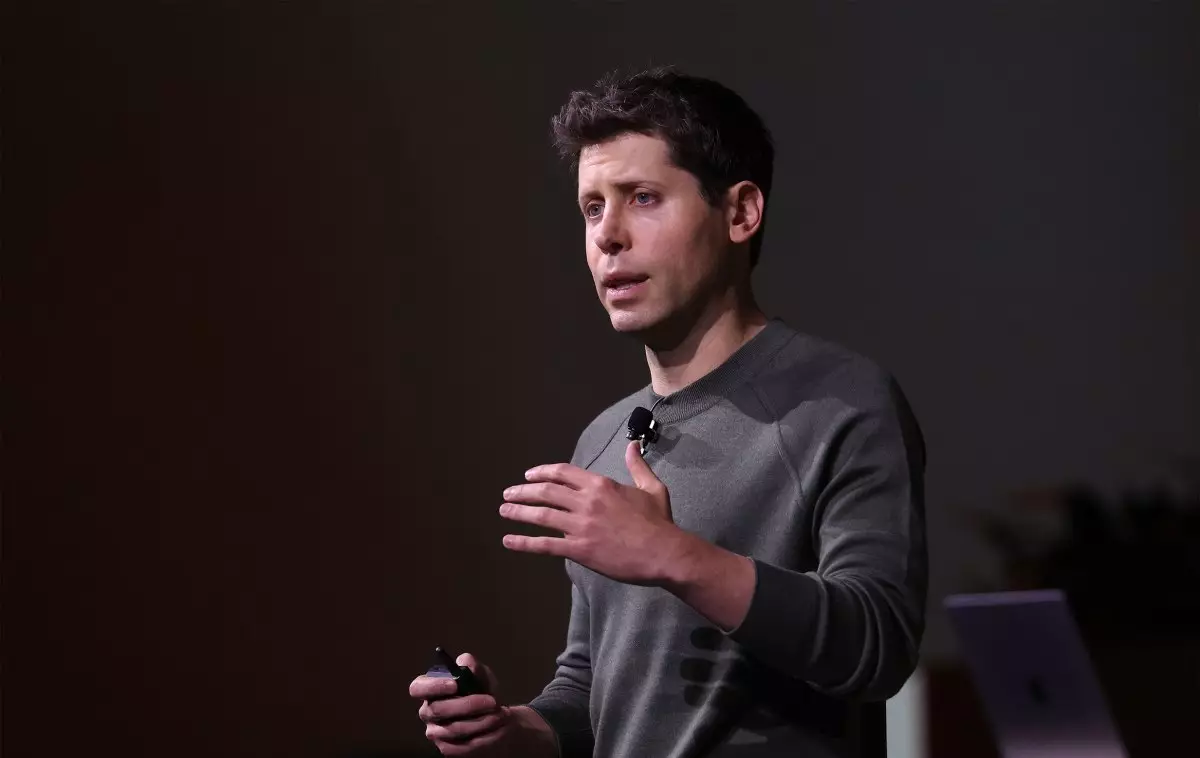OpenAI is reportedly on the cusp of introducing a groundbreaking tool, known as Operator, which may redefine how users interact with computers. This tool, based on the insights of Tibor Blaho—an emerging voice in tech leaks—claims to be capable of executing a variety of tasks autonomously. From writing code to booking travel, Operator is positioned as an “agentic” system designed to operate within user environments with minimal input. This pending release has caught the attention of major media outlets, including Bloomberg, which suggests a roll-out timeline targeting January. Such a timeline aligns with Blaho’s recent disclosure of internal code changes that hint at Operator’s integration into OpenAI’s existing infrastructure.
The technical underpinnings of Operator are becoming clearer as details surface from code discoveries. Notably, references to the Operator tool have been detected within OpenAI’s macOS application, insinuating upcoming functionalities such as toggling the tool on and off. Furthermore, Blaho brings attention to unpublished tables on OpenAI’s website that juxtapose Operator’s performance with other existing computer-utilizing AI systems, including the likes of Anthropic’s offerings. These benchmarks, while still in the shadows, reveal an interesting narrative: Operator’s proficiency might not be as flawless as initially presumed.
According to the leaked performance data, OpenAI’s Computer Use Agent (CUA), which is speculated to be the algorithm behind Operator, has scored a mere 38.1% in a test designed to simulate real-world computer usage. This score, while better than Anthropic’s equivalents, still falls significantly short when placed alongside the human benchmark of 72.4%. In particular, Operator has exhibited challenges in executing standard tasks, such as successfully signing up for cloud services—where its performance noted just a 60% success rate—and creating a Bitcoin wallet, which yielded a disheartening 10% success.
As the AI landscape burgeons, the introduction of autonomous systems like Operator brings forth serious safety concerns. Although the leaked reports suggest that Operator has performed well during safety evaluations—especially those aimed at preventing illicit activities—the fluctuating reliability raises questions about its readiness for public release. Given the mixed performance scores, one has to wonder if OpenAI is prioritizing innovation over safety. Wojciech Zaremba, co-founder of OpenAI, has voiced apprehensions regarding competitors like Anthropic releasing agent systems without sufficient safety protocols. Zaremba’s concerns highlight an ethical dilemma facing rapidly evolving tech companies: how to motivate innovation while ensuring user safety.
It’s pertinent to recognize that in the push to innovate, there exists an underlying tension. Critics of OpenAI argue that the company has at times eschewed rigorous safety research in favor of hastened market entry. This accusation, if credible, suggests that the potential risks posed by the Operator tool could outweigh the benefits it promises.
Market Implications and Competitive Landscape
The impending launch of the Operator tool comes amid rapidly growing interest in AI agents, with industry experts projecting a potential market valuation of $47.1 billion by 2030. Major players, including Google and Anthropic, are already positioning their AI agents as the next significant leap in the technology sector. Despite the allure and vast opportunities this sector presents, there remains a considerable apprehension surrounding the safety and ethical frameworks governing AI autonomy.
As competitors weave their narratives around promising AI agents, the stakes are elevated for OpenAI. The success or failure of the Operator tool could significantly influence public perceptions of AI agents overall. If Operator falters—either in execution or in safety measures—OpenAI might find itself facing substantial backlash not only from users but also from within the tech community.
As the release date for the Operator tool approaches, the tech community watches closely, weighing the advantages of enhancing user automation against the ethical considerations inherent in emerging technologies. OpenAI is treading a precarious path, balancing the urgency for innovation while scrutinizing the imperative for safety in AI development. The dialogue surrounding Operator, influenced by both its technical capabilities and ethical scrutiny, will undoubtedly shape the future narrative of AI in society.

